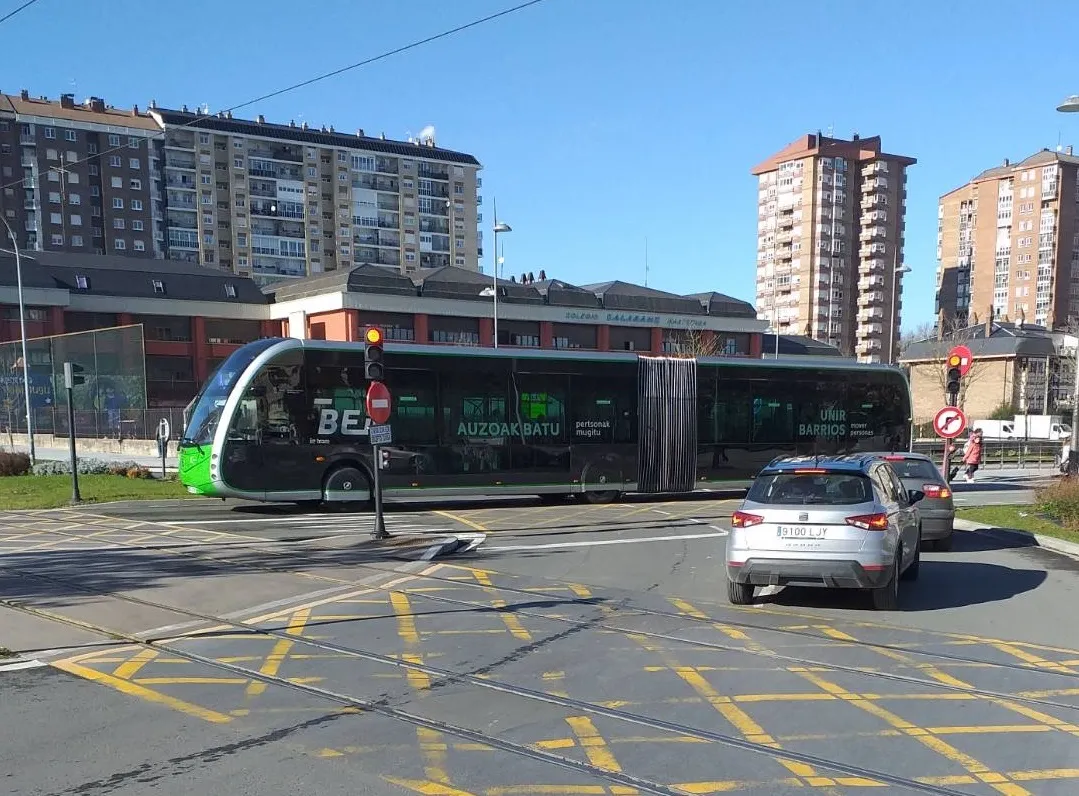Urban transport operator
The 3.9 mile long Sun Link Tucson Streetcar began operation in Tucson, Arizona, on 25 July, connecting the University of Arizona campus to the Mercado District, Arizona Health Sciences Center, the city’s main shopping artery, downtown Tucson and the convention centre. The tramway offers connecting services with the Tucson bus station and Tucson’s extensive bus network.
RATP Dev will operate and maintain the line under a three-year contract from the City of Tucson Department of Transportation with options for up to eight years. RDMT also carried out the preparatory phase prior to operations ranging from technical trials to hiring and training staff.
“Our goal is to combine our detailed field knowledge thanks to the strong local presence of RDMT with the acknowledged expertise of RATP Group to offer customers the best possible service”, Steve Bethel, general manager of the Sun Link Tucson, RDMT-Tucson.
“This launch is particularly important and symbolic for RATP Dev because it is the first streetcar that we put into service in the United States,” commented Mathieu Dunant, CEO of RATP Dev America. “The inauguration, which comes just few weeks after the launch of our sightseeing activity in New York, confirms the dynamism of our development on the US market.”
Tucson, Arizona gets first tramway
Urban transport operator RATP Dev, through its RDMT subsidiary, has inaugurated its first tramway service in the US.
The 3.9 mile long Sun Link Tucson Streetcar began operation in Tucson, Arizona, on 25 July, connecting the University of Arizona campus to the Mercado District, Arizona Health Sciences Center, the city’s main shopping artery, downtown Tucson and the convention centre. The tramway offers connecting services with the Tucson bus station and Tucson’s extensive bus network.
RATP Dev will o
July 29, 2014
Read time: 2 mins









